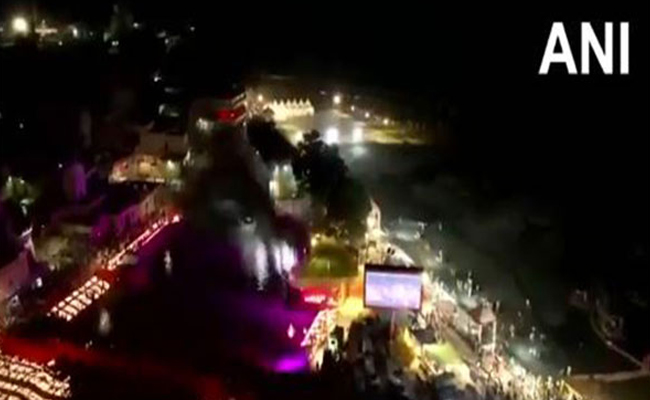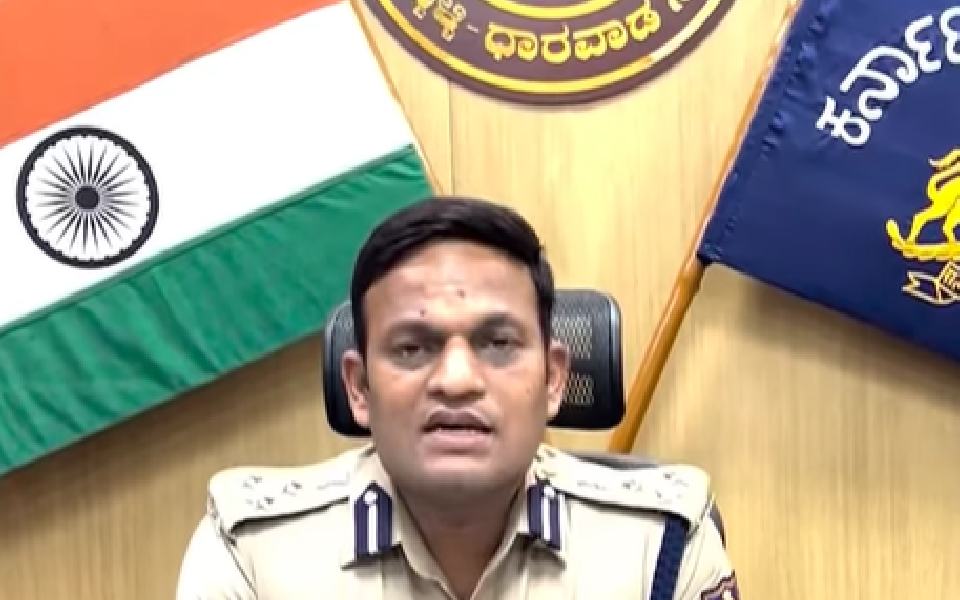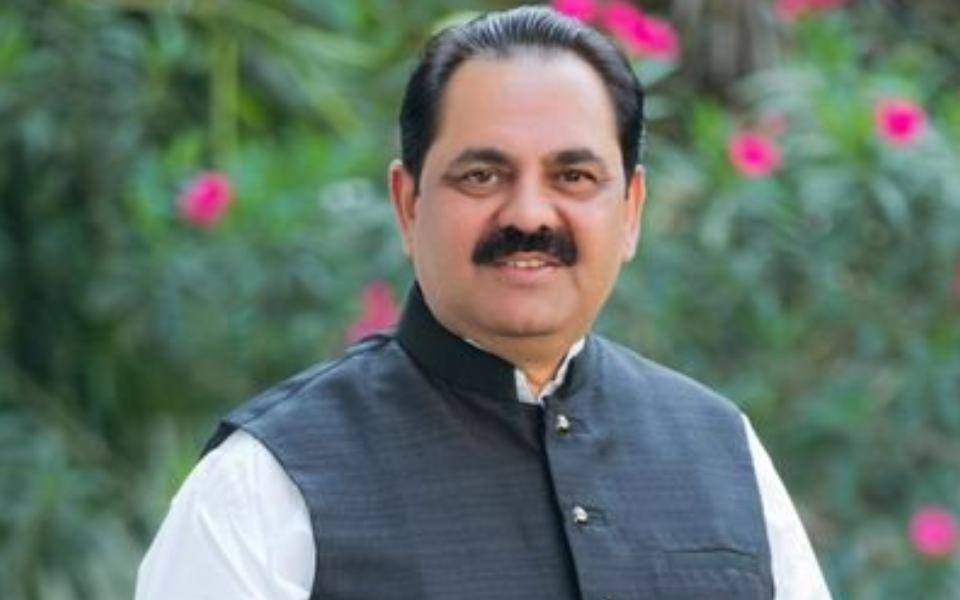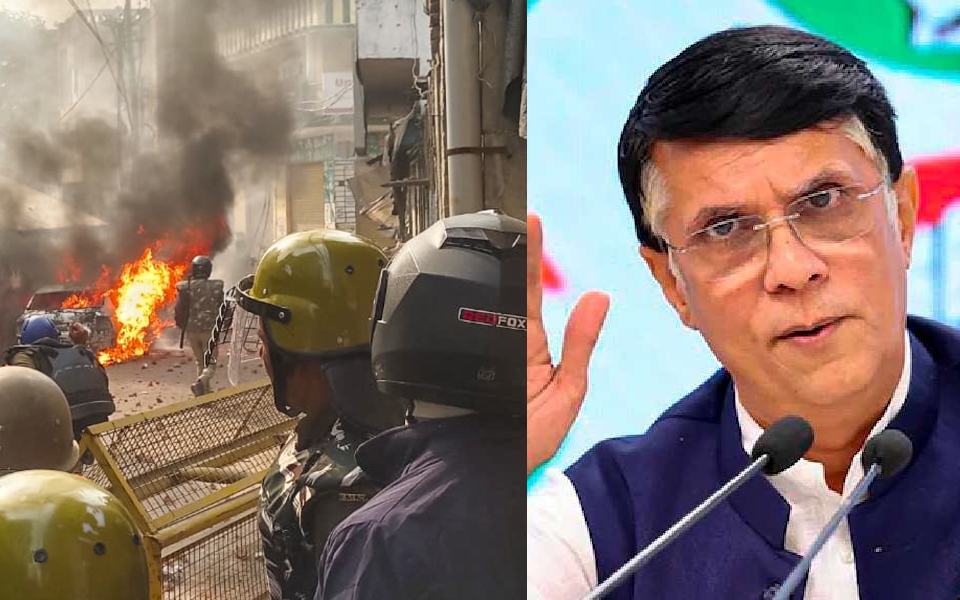New Delhi: Ayodhya’s Deepotsav celebrations set a remarkable world record as more than 25 lakh earthen lamps illuminated the banks of the Sarayu river, creating a mesmerizing golden glow across the holy city. Originally aiming to light over 28 lakh diyas, organizers succeeded in lighting exactly 25,12,585 diyas, marking a new global achievement.
Prime Minister Narendra Modi praised the spectacular display, calling it "amazing, incomparable, and unimaginable," and extended congratulations to the people of Ayodhya for their devotion. "This Jyotiparva, illuminating the sacred birthplace of Ram Lalla, is filled with emotion. This radiance from Ayodhya Dham will fill every household across the country with renewed energy," the Prime Minister shared online.
The Deepotsav, showcasing Ayodhya’s rich spiritual and cultural heritage, featured performances by artists from Myanmar, Nepal, Thailand, Malaysia, Cambodia, and Indonesia, alongside a Ram Leela from Uttarakhand. Performers from various Indian states added further color to the celebrations.
“This is the first Deepotsav following the consecration of the Ram Mandir, and every effort was made to bring grandeur and divinity to the celebrations,” shared UP Minister Jaiveer Singh.
Uttar Pradesh Chief Minister Yogi Adityanath led an 'aarti' at the event and took part in a ceremonial chariot pull. As a highlight of the occasion, 18 elaborate tableaux were created by Saket Mahavidyalaya, depicting scenes from Tulsidas’s Ramcharitmanas, including Bal Kand, Ayodhya Kand, and Sundar Kand, among others.
Let the Truth be known. If you read VB and like VB, please be a VB Supporter and Help us deliver the Truth to one and all.
Hubballi (Karnataka), Nov 24: Two suspected robbers were shot at on Sunday when they tried to escape from police as they were taken for a spot inspection, Hubballi-Dharwad Police Commissioner N Shashikumar said.
The incident happened when they were taken to a spot, in the outskirts of Hubbali, where they allegedly waylaid a car and looted money couple of weeks ago. Police took them there to make them describe the alleged crime.
The two alleged robbers Bharath and Farooq from Mangaluru were shot in their leg when they assaulted three police officers including two women police officers, Shashikumar told PTI.
He said the police officers shot them in self defence. According to him, the gang had waylaid a car on November 8 and decamped with Rs 7 lakh. Investigation led to the arrest of Bharath and Farooq and subsequently some amount was recovered from them, he added.
The Police Commissioner said the injured are being treated at Hubballi KIMS Hospital. Farooq, he said, has more than 17 cases registered against him in various police stations. There were cases registered against him in other states as well.
Bharat too has many criminal cases against him in various police stations in the state, Shashikumar said.





